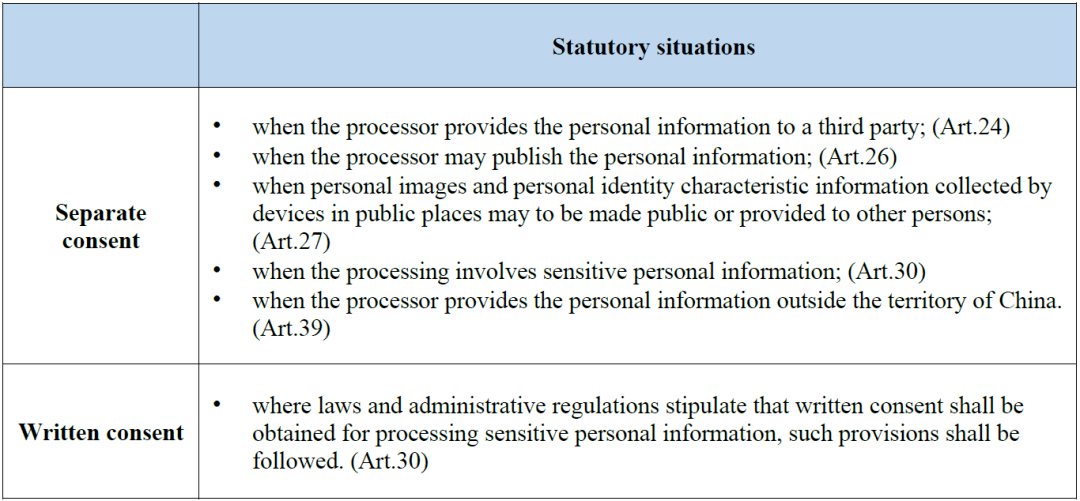Understanding the Texas Law: Which Pets Are Illegal to Own
Guide or Summary:Pets Prohibited by Texas LawWhy These Pets Are IllegalLegal Implications for Owning Illegal PetsIn the heart of the Lone Star State, Texas……
Guide or Summary:
In the heart of the Lone Star State, Texas, the rules and regulations surrounding pet ownership are as varied as the state's diverse landscapes. While many people are familiar with the common pets such as dogs, cats, and birds, there are certain animals that are illegal to own in Texas. This article delves into the nuances of Texas law to uncover which pets are off-limits for residents and visitors alike.
Pets Prohibited by Texas Law
Before diving into the specifics, it's crucial to understand that Texas law is designed to protect both the public and the animals themselves. The following list outlines some of the pets that are illegal to own in Texas:
1. Tigers and Other Large Carnivores
Large carnivores like tigers, lions, and bears are not permitted in Texas. The rationale behind this ban is rooted in safety concerns, as these animals can pose significant risks to both humans and other animals.
2. Exotic Birds

While owning a pet bird may seem harmless, certain exotic species are illegal in Texas. Birds such as parrots, cockatiels, and macaws are often kept as pets but are considered exotic and are thus prohibited.
3. Reptiles
Reptiles like crocodiles, alligators, and gharrels are also illegal to own in Texas. These animals are not only dangerous but can also have a significant impact on local ecosystems if they escape.
4. Spiders
Spiders, particularly those that are venomous, are illegal to own in Texas. This includes species like the black widow and the brown recliner.

5. Amphibians
Amphibians such as poison frogs and salamanders are also prohibited in Texas. These animals can be toxic and pose a risk to both pets and humans.
Why These Pets Are Illegal
The reasons behind these bans are varied but primarily revolve around safety and environmental concerns. Large carnivores and exotic animals can be dangerous, posing a risk to both humans and other animals. Additionally, these animals often require specialized care that many pet owners are not equipped to provide.
Exotic birds, reptiles, and amphibians can also pose significant risks to local ecosystems. These animals can be non-native and may disrupt the balance of local flora and fauna. Furthermore, many of these animals require specialized care that is difficult to provide in a home setting.
Legal Implications for Owning Illegal Pets
The consequences of owning an illegal pet in Texas can be severe. In addition to facing fines and penalties, pet owners may also face criminal charges. In some cases, the pet itself may be confiscated and taken into custody by animal control or law enforcement.

It's important for pet owners to be aware of the laws and regulations surrounding pet ownership in Texas. By understanding which pets are illegal to own, pet owners can make informed decisions and ensure that they are providing a safe and healthy environment for their beloved animals.
In conclusion, the laws governing pet ownership in Texas are designed to protect both the public and the animals themselves. By understanding which pets are illegal to own, pet owners can make informed decisions and ensure that they are providing a safe and healthy environment for their beloved animals. Whether you're a resident of the Lone Star State or a visitor, it's essential to be aware of these regulations to avoid any legal issues or harm to both humans and animals.